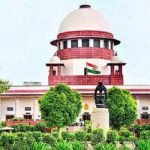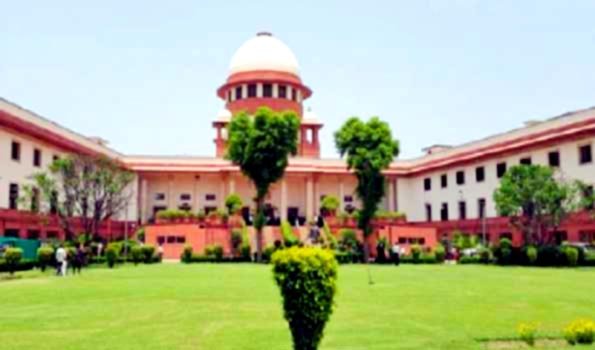New Delhi, April 22 (UNI) Attorney General R Venkataramani and Solicitor General Tushar Mehta on Tuesday opposed the Kerala government’s submission that the Supreme Court’s recent verdict on the Tamil Nadu Governor should also govern the constitutional issues arising in its dispute with Kerala Governor Arif Mohammed Khan over delays in bill assent and subsequent presidential decisions.
The bench of justices PS Narasimha and Joymalya Bagchi was hearing two connected petitions filed by the Kerala government. The first petition, filed in 2023, pertains to significant delays by the then-Kerala Governor in granting assent to eight Bills passed by the state legislature.
These Bills, which covered a range of legislative initiatives, were pending with the Governor for durations ranging from seven months to as long as 23 months. Kerala, in its petition, had termed this delay unconstitutional and sought judicial intervention to ensure timely action from the Raj Bhavan under Article 200 of the Constitution.
The second petition, filed in early 2024, challenges President Droupadi Murmu’s decision to withhold assent to four of the seven Bills that had been forwarded to her by the Governor under Article 200.
The state argued that this presidential action, based on the Governor’s reference, lacked justification and was an overreach into the state legislative affairs.
Appearing for the Kerala government, senior advocate KK Venugopal submitted that both cases were fully addressed by the Supreme Court’s recent ruling in the Tamil Nadu Governor matter.
That decision had clarified that when a Governor refers a Bill to the President under Article 200, a response from the President must come within three months.
Venugopal argued that this timeframe should apply to Kerala as well, asserting that no further legal issues remained to be settled in light of that precedent.
“Both these petitions are squarely covered by the recent Tamil Nadu Governor judgment, especially with regard to the time limit for presidential response. No other constitutional questions arise in these matters,” Venugopal told the bench.
However, Solicitor General Tushar Mehta disagreed with this position, stating that the facts and legal context in Kerala’s case were different from the Tamil Nadu matter. “It is not covered,” SG Mehta submitted, indicating his intention to highlight key distinctions through detailed arguments.
Supporting this view, Attorney General Venkataramani contended that the Tamil Nadu judgment could not be automatically applied to the Kerala scenario.
“The recent ruling does not address all factual and legal issues present here. The situation in Kerala is materially different, and we would like to place those differences on record in a written note,” AG Venkataramani stated.
During the hearing, Venugopal also informed the court that the Kerala government had decided to withdraw an earlier amendment application.
This application had requested the court to frame guidelines on how governors should exercise their discretion under Article 200 while dealing with a state legislation.
Venugopal said this was no longer necessary, as the Tamil Nadu Governor ruling had already laid down sufficient clarity on the Governor’s constitutional obligations.
The Bench took note of the submissions from all sides and adjourned the matter for further hearing on May 6.









